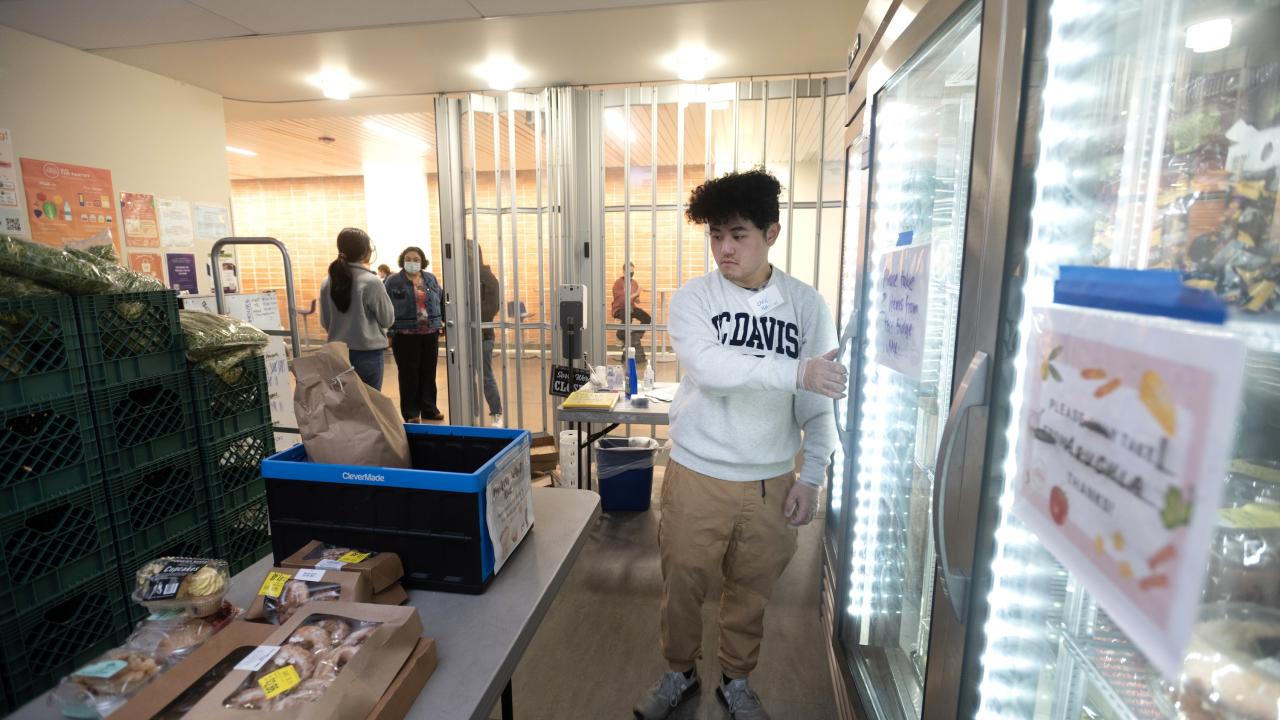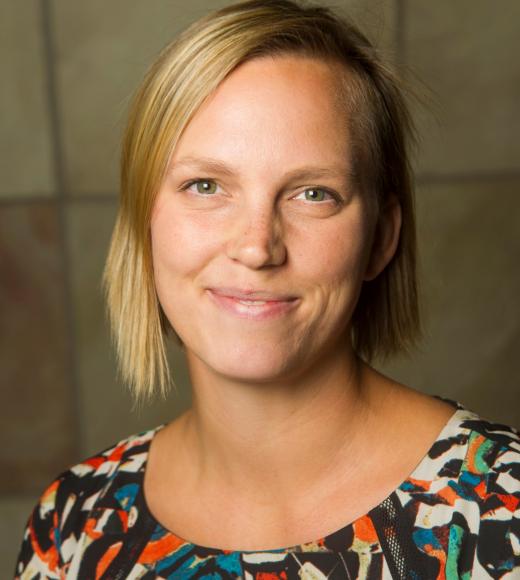
UC Davis and Yolo County Partner to Alleviate Poverty
Yolo County’s poverty rate is 25% higher than the California average. To bring that number home, nearly one in five people live in poverty in the county. Poverty is defined as living on less than $30,000 a year for a family of four. If you run the numbers for what you personally spend on food, utilities, and housing, these numbers loom starkly. Families below the poverty level face numerous additional stressors day-to-day. They are often one paycheck away from losing their home or not being able to manage an emergency illness, car breakdown, or routine doctor’s appointment for their children.
In response, the Yolo County Health and Human Services Agency (HHSA) reached out to the UC Davis Center for Regional Change to help design and evaluate a poverty alleviation program. Lovingly dubbed YoBI (Yolo County Basic Income), the program launched in 2022 with a focus on families experiencing homelessness with children under the age of five years old. YoBI is one of the first 100 basic income projects nationwide according the Economic Security Project.
In its first year, YoBI enrolled 75 families. Each family received enough funding to boost them above the California poverty line for two years. The amount of funding was meaningful, providing an average of $1,289 per month.
To evaluate impacts, the Center for Regional Change faculty and staff designed a survey to gather feedback and conducted peer-to-peer interviews of participants. Support from the Public Impact Research Initiative helped fund the first year of the study. The survey helped compare the basic income recipients with a control group as well as understand their challenges compared to national trends. For example, YoBI enrollees struggle with four to five times the rates of severe depression compared to national depression rates. When considering the juggle of being unhoused with small children, this mental health concern is understandable. Would a basic income help change things for the families?
Feedback from a peer steering committee of families in the program helped the Center for Regional Change ground truth and refine the study materials. The peer-to-peer interviews also helped elicit honest feedback from YoBI families about what was working with the program and what could be improved. In addition, we interviewed HHSA staff to understand how difficult it was to set up and run a basic income program. Did county staff recommend their experience to other counties?
Findings from the halfway point of this program are now rolling in. Caregivers reported a boost in their mental health. Fewer families struggled to make ends meet. They were able to spend more time with their young children, taking them to doctor’s visits, and increasing the likelihood that they might catch health problems early. Caregivers also reported more time spent visiting the library children, providing important bonding time while giving children a boost before they start school. Importantly, especially during the pandemic, more YoBI recipient families were able to secure housing.
With such heartening results from the first year, the Center for Regional Change is looking forward to continuing to compile information and tell the story of transformation that YoBI has enabled. Will other counties learn from Yolo County’s example? Will Yolo County be able to continue the program? Will the state provide support for basic income programs? Our evaluation is designed to help inform such important policy questions.
Learn more about their PIRI Grant Project
────
Learn More About Public Impact Research Initiative
- If you want to learn more about Associate Professor Catherine Brinkley's work, here is her project summary.
- Recipients of a Public Impact Research Program grant will receive $5,000 to $10,000. Learn about our application process.
- Public engagement is all about people. Read other stories.
About the Author

Catherine Brinkley
Director, Center for Regional Change
Associate Professor, Human Ecology and Community and Regional Development
